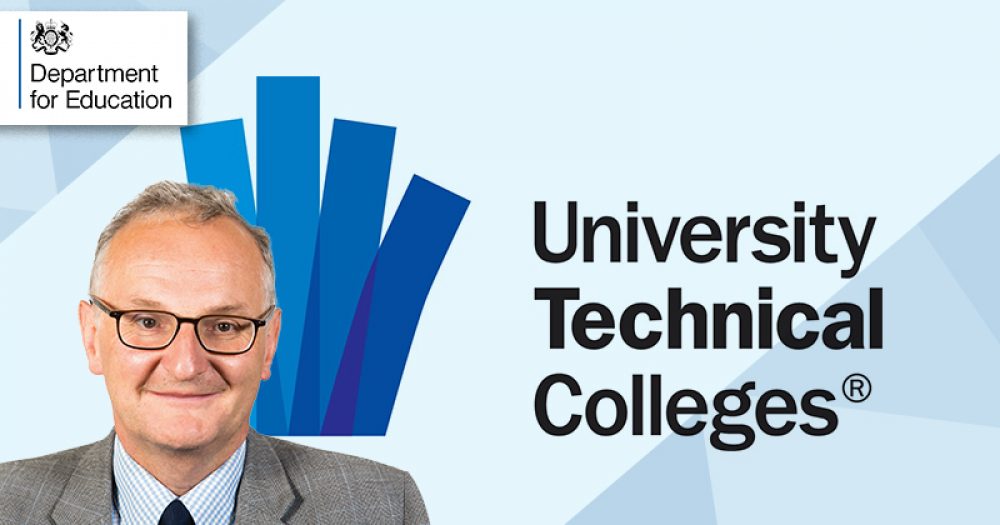The government is lobbying those in charge of controversial university technical colleges to move away from recruitment at 14, the academies minister has revealed.
Lord Agnew (pictured) told the House of Lords today that he is “trying to encourage” Lord Baker, the founder of the UTC movement to “adjust the entry age of UTCs so that they are not in conflict with surrounding schools and then local areas can work in harmony with one another”.
His intervention marks a significant climb-down for the government, which until now has been hesitant to express a view either way on UTC admissions.
The UTC model has been fraught with problems, largely because recruiting students at 14 is so difficult. Ministers and UTC architects have come under pressure to change the admissions age as more and more of the 14 to 19 institutions have failed to become financially sustainable and closed down.
We are doing as much as we can. The system still needs to improve
Lord Agnew did not say what the admissions age should be, but most of those lobbying for change advocate a switch from 14 to 16, a move which would bring UTCs in line with sixth forms.
Last week, the former schools minister David Laws called for the admissions age to change to 16 and a halt to the expansion of the UTCs programme, after his think tank the Education Policy Institute faulted their academic progress and ability to recruit and retain learners.
Asked in the Lords by Lord Baker if he would “spread his enthusiasm” for UTCs amongst his colleagues in government, Lord Agnew praised the “enormous amount of effort” put in by Lord Baker and his organisation, the Baker Dearing Trust.
“He’s right, I have put a lot of my own time into it because I think they are a vital part of the skills network,” Lord Agnew said.
“We are doing as much as we can. The system still needs to improve. I am encouraging the Baker Dearing Trust to allow more UTCs to join multi-academy trusts so their resources can be pooled. I’m also trying to encourage [Lord Baker] to adjust the entry age of UTCs so that they are not in conflict with surrounding schools and then local areas can work in harmony with one another.”
Lord Baker described UTCs as “outstanding schools, some of the most successful schools in the country”, and said we “need many more of them”.
However, research by FE Week found in March that more than two thirds of UTCs visited over the previous year were rated ‘requires improvement’ or ‘inadequate’ by Ofsted. None of the UTCs inspected between February 2017 and February 2018 were rated ‘outstanding’.
Since 2011, the Department for Education has allocated almost £330 million of capital spending to the UTC programme. In this time, 59 UTCs have been established, although eight of these have since closed and one converted to an academy. Another, UTC@Harbourside, will close in August 2019.









Clearly none of the great and the good recall the old saying “when you’re in a hole, stop digging” UTCs have been a costly flop and they have no chance of success as 16-18 providers: the finances simply won’t work. Close them and give the assets to local FE providers to do something useful with
We need to understand what the criteria are for Lord Baker to make his claim that UTC’s are ‘some of the most successful schools in the country’.
The whole concept of a University Technical College which is in fact a school, is unsatisfactory, and many people I speak with just don’t understand the idea at all.
Lord Baker has referred to needing a separate Ofsted type of inspection based on different criteria, including I believe a measure of ‘destinations’.
The ‘smoke and mirrors’ continues, and the latest news re the closure of UTC@harbourside in Newhaven, needs clarification as to what went wrong and for some accountability at a high level.